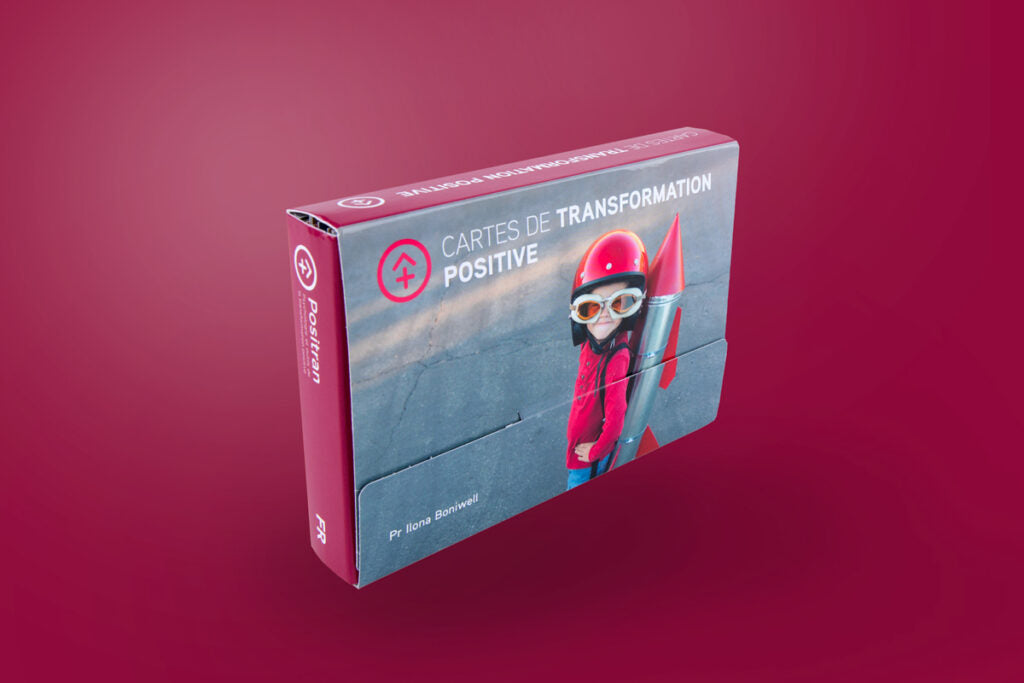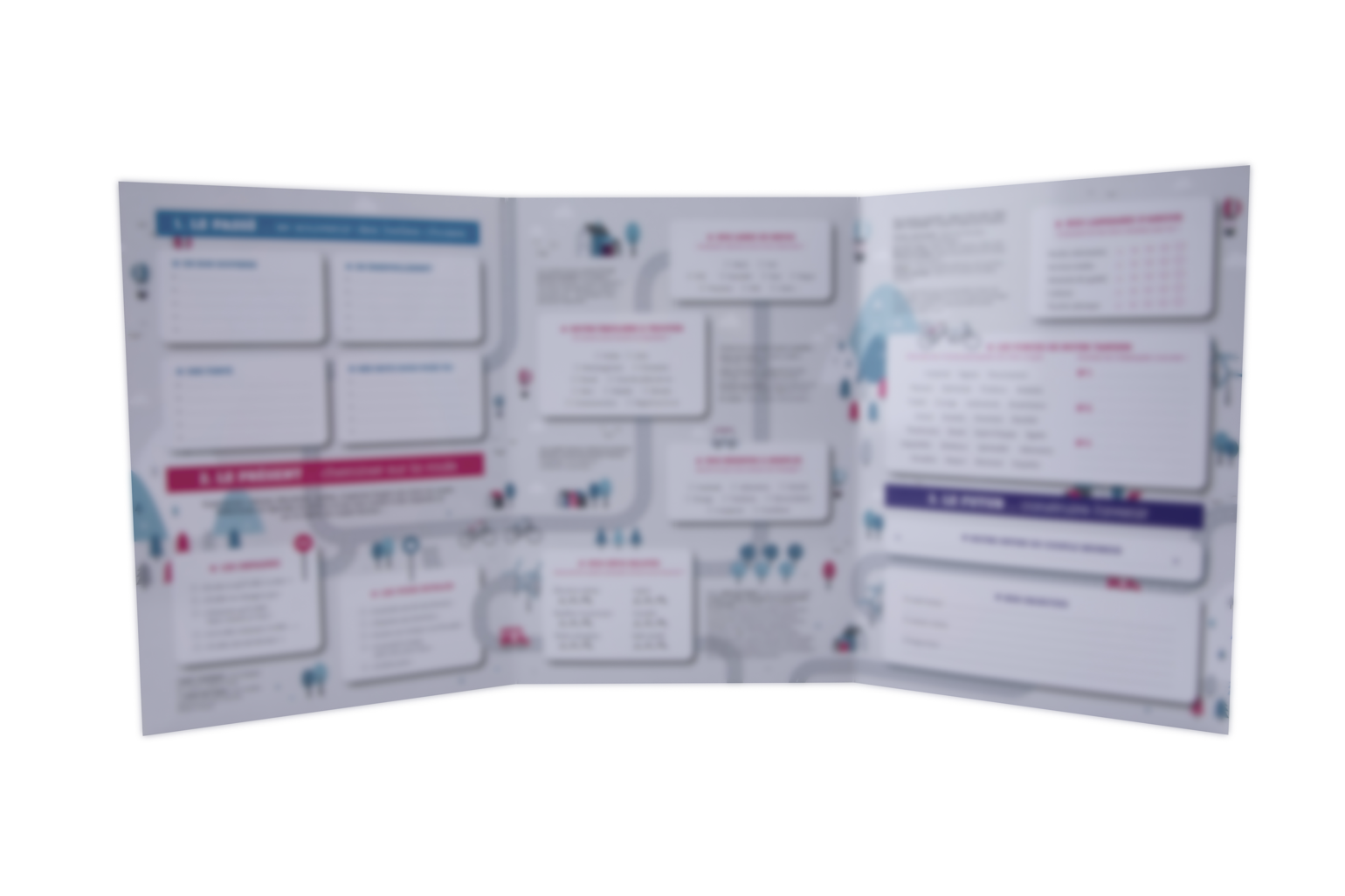
Training - DARE to perform sustainably
Developing Psychological Capital.
Go beyond skills and develop your teams' most valuable psychological resource to navigate complexity, overcome challenges, and create a sustainable human competitive advantage.

Educational Objectives
Diagnose your own Psychological Capital and that of your team through self-assessment of the 4 pillars of the HERO model (Hope, Efficacy, Resilience, Optimism).
Develop personal strategies and routines to strengthen each of the 4 pillars of your own PsyCap and thus improve your own performance and well-being.
Establish an environment and managerial practices (feedback, objective setting, communication) which actively promote the development of employees' PsyCap.
Added values
For the company:
Directly increases performance indicators (productivity, quality), reduces costs related to disengagement (turnover, absenteeism) and creates a culture of resilience capable of absorbing shocks and adapting to change.
For the participant:
This training equips you to develop a positive mindset and the confidence necessary to transform your vision for the future into a proactive attitude that mobilizes and sustainably engages your team.
Issues addressed
Stagnation in team performance and morale.
High levels of stress, cynicism and risk of burnout.
Difficulty maintaining commitment and motivation in the face of ambitious goals or constant change.
Lack of initiative, proactivity and perseverance within teams.
Leaders seeking deeper and more sustainable levers for action than traditional management techniques.
Access conditions
Integrated training approach:
The training is based on an interactive and engaging teaching method, alternating theoretical contributions, individual and group exercises, simulations, role plays, and facilitated discussions centered on experience and sharing.
Experiential Methodology:
- Self-diagnosis for personal awareness.
- Workshops in subgroups promoting the exchange of ideas.
- Concrete case studies to link theory to practice.
- Role-playing games to simulate real-life situations.
- Scientifically validated tools.
Optional (extra charge):
Possibility of follow-up modules or post-training coaching for individualized support.
Our training courses are accessible to people with disabilities.
A disability advisor is available to help you study the specific adjustments required.
Registration via a quote request or by email.
Access time according to the training programming schedule, subject to availability.
Registration is validated upon receipt of the signed agreement.
Contact: formations@positran.fr
Assessment methods
Assessment of acquired skills:
- Each activity aims to apply the concepts covered during the training.
- Questions/answers at the end of each teaching sequence
- Formative assessment through observation and feedback from the trainer and peers during workshops.
- Summative assessment through a concrete case study.
Satisfaction Questionnaire:
Hot off the press, to gather participants' immediate impressions.
Training Certificate:
- Certificate of completion of training mentioning the skills targeted.
- Certificate of completion.
3-month survey:
Measure impact with the percentage of participants who implemented key concepts.
Diagnose your own Psychological Capital and that of your team through self-assessment of the 4 pillars of the HERO model (Hope, Efficacy, Resilience, Optimism).
Develop personal strategies and routines to strengthen each of the 4 pillars of your own PsyCap and thus improve your own performance and well-being.
Establish an environment and managerial practices (feedback, objective setting, communication) which actively promote the development of employees' PsyCap.
For the company:
Directly increases performance indicators (productivity, quality), reduces costs related to disengagement (turnover, absenteeism) and creates a culture of resilience capable of absorbing shocks and adapting to change.
For the participant:
This training equips you to develop a positive mindset and the confidence necessary to transform your vision for the future into a proactive attitude that mobilizes and sustainably engages your team.
Stagnation in team performance and morale.
High levels of stress, cynicism and risk of burnout.
Difficulty maintaining commitment and motivation in the face of ambitious goals or constant change.
Lack of initiative, proactivity and perseverance within teams.
Leaders seeking deeper and more sustainable levers for action than traditional management techniques.
Integrated training approach:
The training is based on an interactive and engaging teaching method, alternating theoretical contributions, individual and group exercises, simulations, role plays, and facilitated discussions centered on experience and sharing.
Experiential Methodology:
- Self-diagnosis for personal awareness.
- Workshops in subgroups promoting the exchange of ideas.
- Concrete case studies to link theory to practice.
- Role-playing games to simulate real-life situations.
- Scientifically validated tools.
Optional (extra charge):
Possibility of follow-up modules or post-training coaching for individualized support.
Our training courses are accessible to people with disabilities.
A disability advisor is available to help you study the specific adjustments required.
Registration via a quote request or by email.
Access time according to the training programming schedule, subject to availability.
Registration is validated upon receipt of the signed agreement.
Contact: formations@positran.fr
Assessment of acquired skills:
- Each activity aims to apply the concepts covered during the training.
- Questions/answers at the end of each teaching sequence
- Formative assessment through observation and feedback from the trainer and peers during workshops.
- Summative assessment through a concrete case study.
Satisfaction Questionnaire:
Hot off the press, to gather participants' immediate impressions.
Training Certificate:
- Certificate of completion of training mentioning the skills targeted.
- Certificate of completion.
3-month survey:
Measure impact with the percentage of participants who implemented key concepts.











